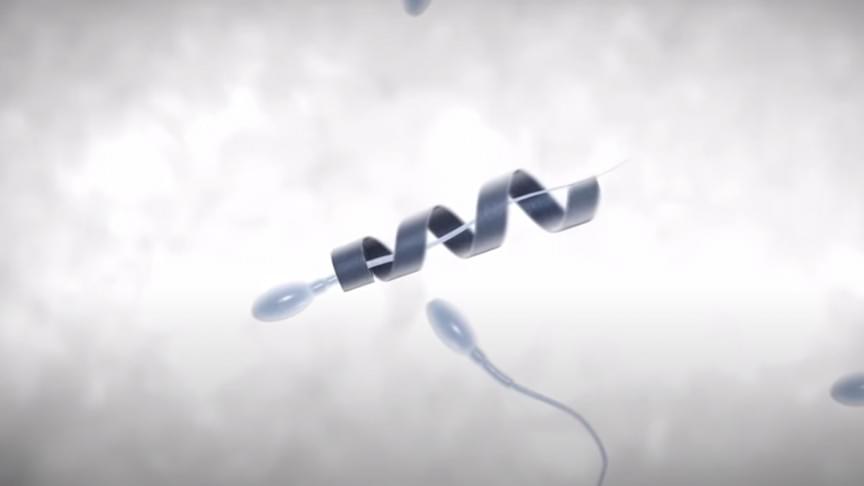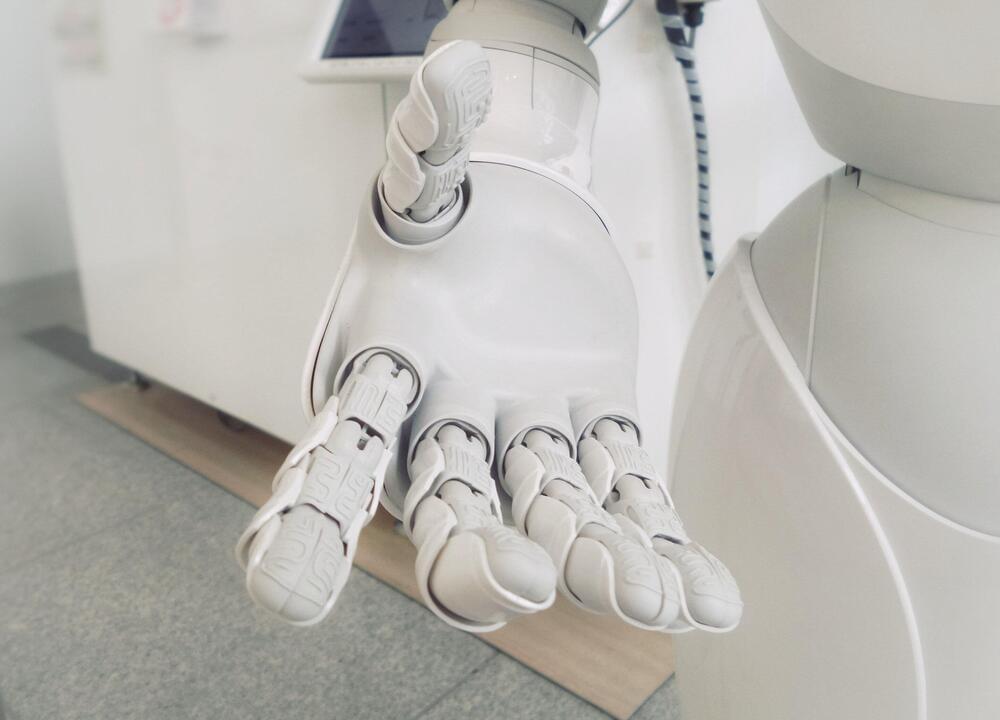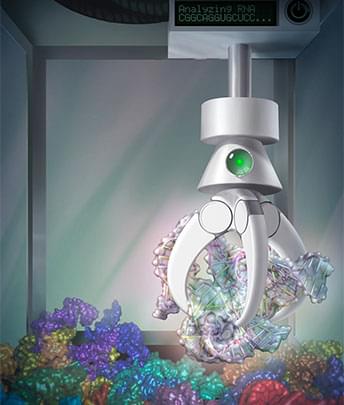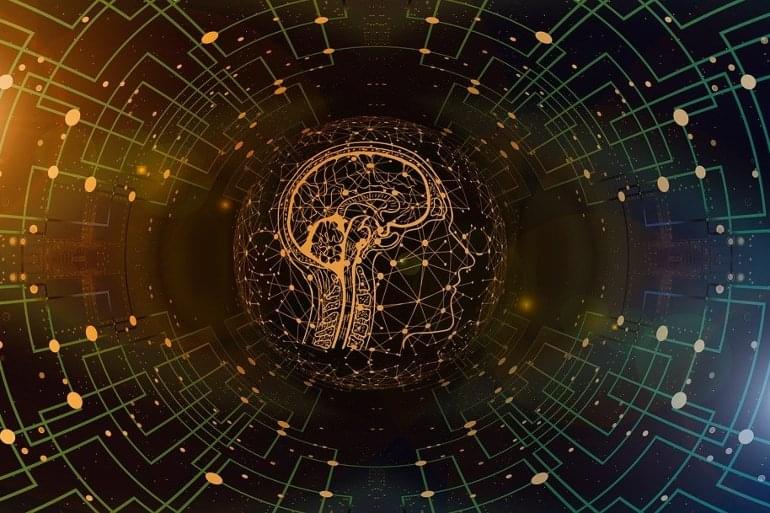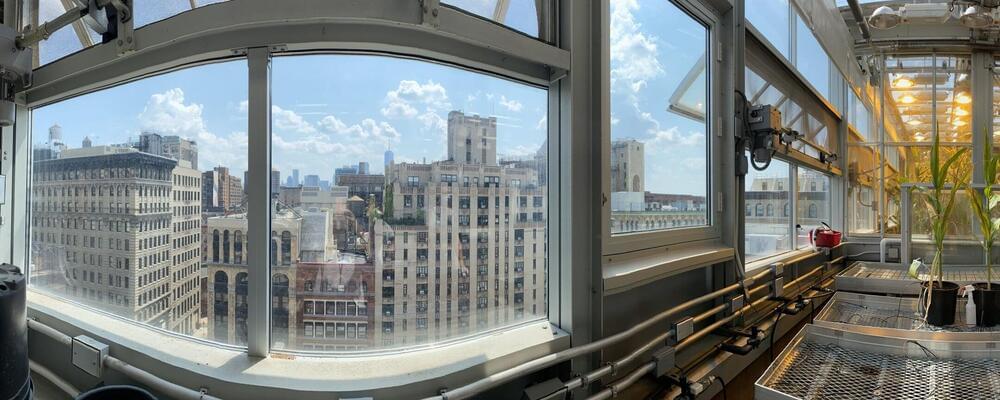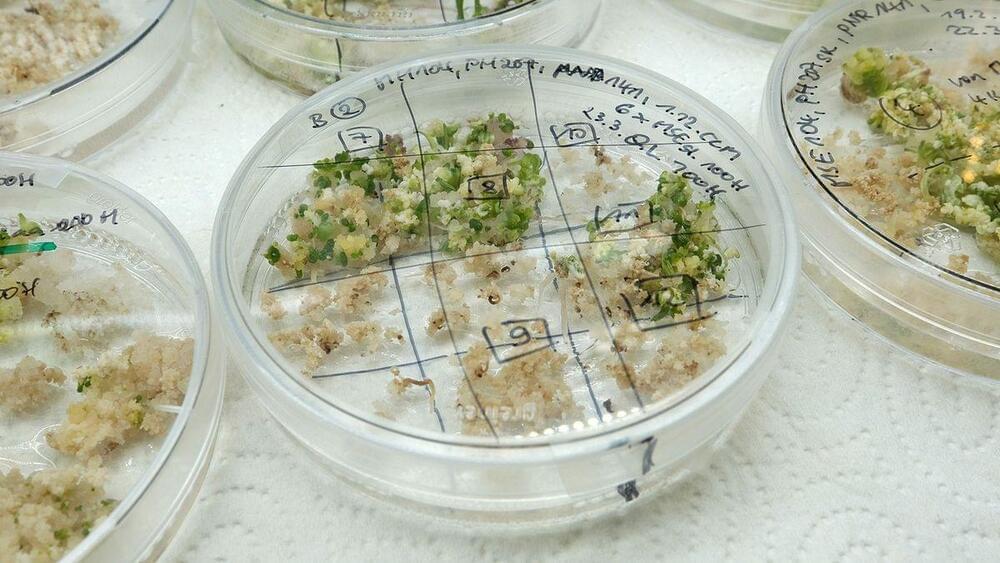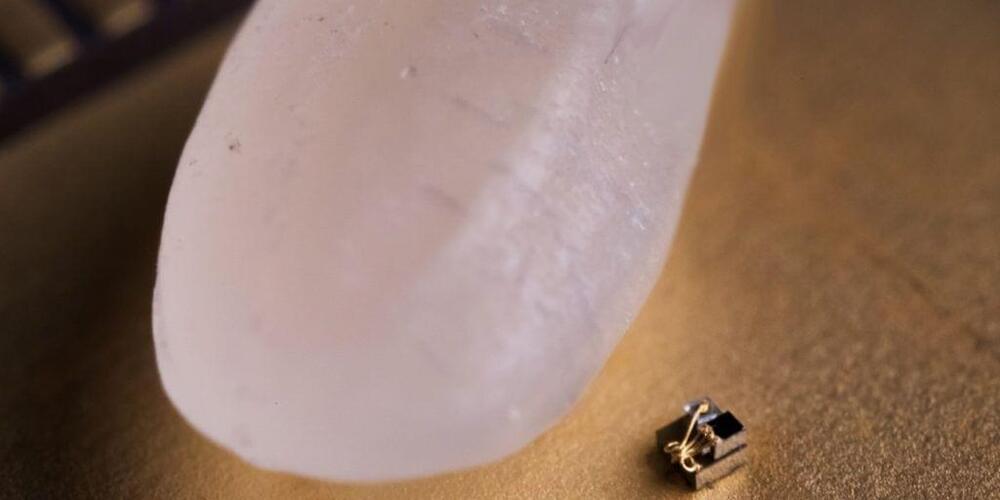Sep 24, 2021
Watch Nanobot Carry Lazy Sperm to Fertilize Living Eggs
Posted by Jason Blain in categories: biotech/medical, genetics, nanotechnology
A sperm’s task may appear straightforward; after all, all it needs to do is swim to an egg and insert genetic material. However, in some cases, a healthy sperm’s inability to swim may result in infertility, which affects around 7 percent of all males.
This condition is called asthenozoospermia, and there is currently no cure. However, one study conducted in 2016 and published in the journal Nano Letters has set the example for what could be possible in the future: A team of researchers from the Institute for Integrative Nanosciences at IFW Dresden in Germany developed tiny motors that can make sperm swim better as they make their way to an egg, essentially acting as a taxi.
Continue reading “Watch Nanobot Carry Lazy Sperm to Fertilize Living Eggs” »
